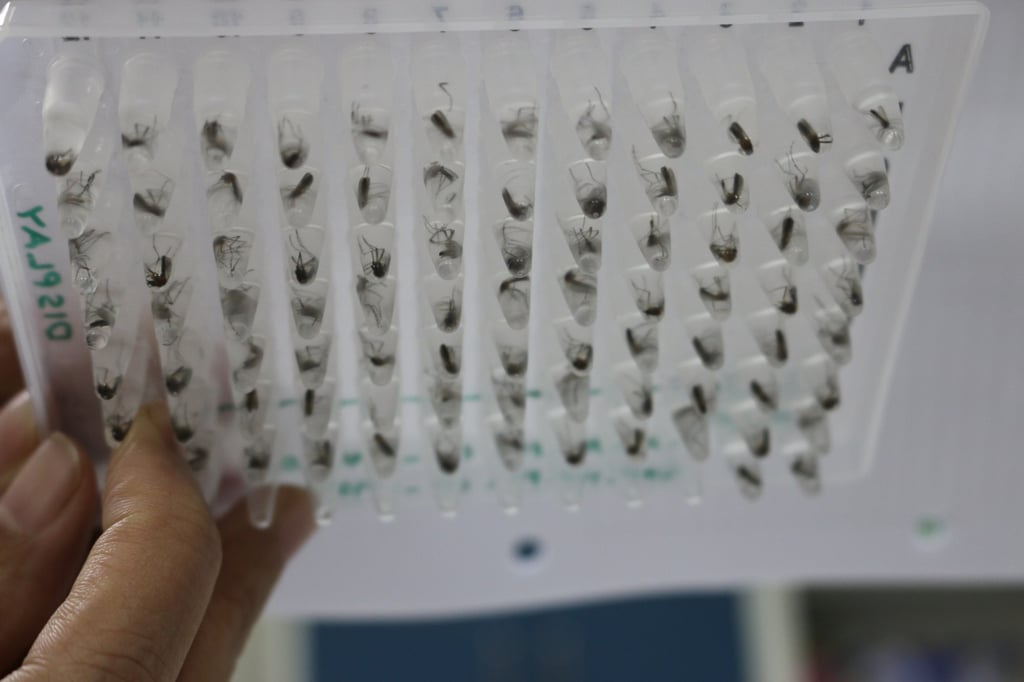Indonesia’s plan to release 200 million special mosquitoes to fight dengue in Bali sparks ‘lab rats’ criticism
- The plan, which involves releasing Aedes aegypti mosquitoes injected with the Wolbachia bacteria in Bali, has now been put on hold indefinitely
- Critics raise ethical and health concerns, point to the lack of communication and national risk assessment conducted to ensure Indonesians’ safety

A plan to release 200 million mosquitoes in an Indonesian region to combat dengue fever has sparked opposition from locals and experts on the island of Bali.
Critics warn that the pilot study in Yogyakarta, on which the plan is based, is not robust enough to justify the release of the new species.
The proposal involves Aedes aegypti mosquitoes introduced with the Wolbachia bacteria, commonly found in half of all insects, to the region in mid-November. The programme has now been put on hold indefinitely, according to Indonesia’s Ministry of Health.

“We are currently discussing with the Bali Provincial Government to temporarily delay the release of [Wolbachia-carrying mosquitoes] and conduct further public dissemination until the community is prepared,” ministry spokeswoman Siti Nadia Tarmizi said last month.
In addition to Bali, the Yogyakarta programme would cover Semarang, Bandung and Jakarta in Java, and Kupang in East Nusa Tenggara, Siti said.
The programme involves injecting mosquitoes with Wolbachia bacteria, which has been shown to block the growth of viruses such as dengue fever, Zika and yellow fever in the mosquitoes. This reduces the mosquitoes’ ability to transmit viruses to people.
As Wolbachia-carrying mosquitoes breed with regular mosquitoes, they are meant to pass on the bacteria, creating a wider Wolbachia-infused population and thus reducing the spread of diseases.
